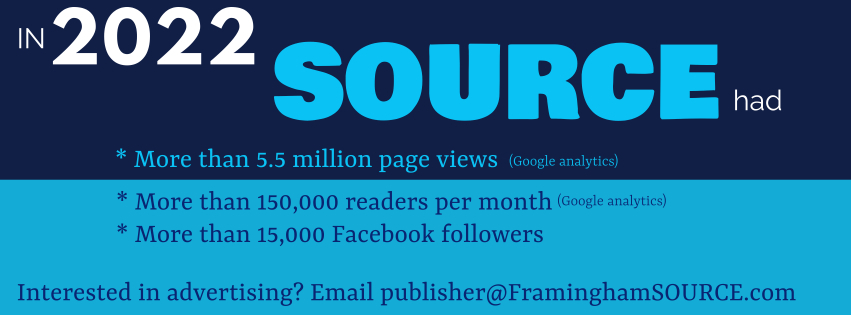In full transparency, the following is a press release from the Commonwealth of Massachusetts.
***
[broadstreet zone=”99032″]
BOSTON — The recently passed Congressional Consolidated Appropriations Act, 2023 ends the Supplemental Nutrition Assistance Program (SNAP) extra, temporary benefits, known as SNAP Emergency Allotments, as of February 2023.
This means that households will receive their last payment on March 2, 2023.
SNAP emergency allotments have allowed households to receive the maximum SNAP benefit amount for their household size, with a minimum benefit amount of $95 a month.
Since March 2020, Massachusetts has elected to utilize this temporary benefit program that was made available under the Families First Coronavirus Relief Act. SNAP Emergency Allotments currently bring over $95 million of federal funds into the state each month, supporting more than 630,000 households to buy food.
[broadstreet zone=”53803″]
The state has launched a new website: Mass.gov/ExtraCOVIDSNAP to help residents plan for the end of these temporary federal benefits. Over the next several months, individuals and families should explore any optional expenses that may increase their regular SNAP benefits, including:
- If they have medical costs over $35 a month for anyone in their SNAP household who is 60 or older or has a disability,
- If their housing costs have gone up (rent/mortgage), and
- If one is working, looking for work, or in school, tell DTA about any child or disabled adult care costs.
Households can tell DTA about these changes by uploading information via the agency’s free mobile app and online portal DTA Connect, calling the DTA Assistance Line at 877-382-2363, visiting a local DTA office, or working with one of the department’s over 100 SNAP outreach partners. SNAP outreach partners are local community organizations who work with DTA to help people apply for and maintain their SNAP benefits.
Also, Massachusetts households who get SNAP benefits automatically can participate in the Healthy Incentives Program (HIP). HIP puts money back on an EBT card when SNAP is used to buy local fruits and vegetables from HIP farm vendors, up to $40, $60 or $80 a month depending on household size. Find a HIP vendor at DTAFinder.com.
[broadstreet zone=”56696″]
More resources available to help individuals and families:
- Community Food Resources: call or text Project Bread’s FoodSource Hotline, 1-800-645-8333
- If you have children under age 5/are pregnant or breastfeeding, you may be eligible for the WIC nutrition program: Mass.gov/WIC or call 800-942-1007
- All K-12 students can get free school meals this school year
- Rent or mortgage help: Call 2-1-1 or go to Mass.gov/covidhousinghelp
- Fuel Assistance help paying for heat: go to Toapply.org/MassLIHEAP or call 800-632-8175
- Money to help pay for the internet or a computer: GetInternet.gov, AccedeAInternet.gov
- Get help with 2022 taxes and any COVID stimulus or Child Tax Credit money you are owed: FindYourFunds.org
- If you have children/are pregnant and have no income or low income, you may be able to get TAFDC cash benefits. If you are 65 or older or disabled with no or very low income you may be able to get EAEDC cash benefits. Learn more/apply: DTAConnect.com


